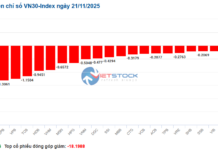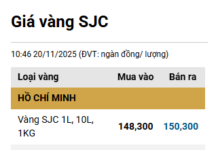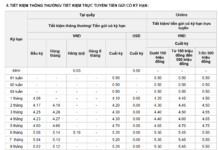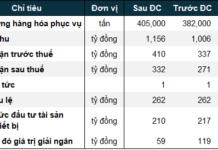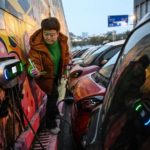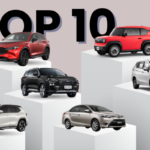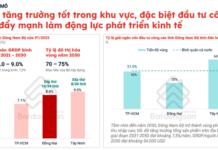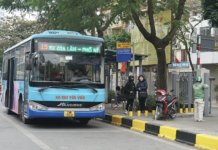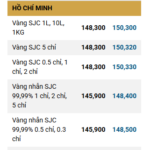Emission Control Expectations in the Transportation Sector
Recently, the Ho Chi Minh City Institute for Development Studies submitted a document to the City People’s Committee synthesizing suggestions, contributions, and commitments from members of the electric vehicle ecosystem regarding the city’s green transition program.
According to the Ho Chi Minh City Institute for Development Studies, experts and members of the electric vehicle ecosystem generally expressed their support for the goals and urgency of the tasks related to the city’s green transition and emission control in the transportation sector.
The main orientations include: converting all buses to electric power by 2030; greening low-emission areas in Con Dao Special Zone and Can Gio area; and transitioning all two-wheeled gasoline vehicles to electric for ride-hailing and delivery services.
The draft proposal outlines a roadmap for the transition from 2026 to 2029. From January 2026, the city will implement incentive policies and stop issuing new badges for gasoline motorcycles, while requiring drivers currently using gasoline vehicles registered before this time to plan for the transition to electric vehicles. By January 2027, gasoline-powered motorcycles will be restricted during peak hours in specified low-emission areas. In the next phase, from January 2028, the city will tighten emission control regulations. By December 2029, gasoline-powered motorcycles will be completely banned on ride-hailing and delivery platforms.
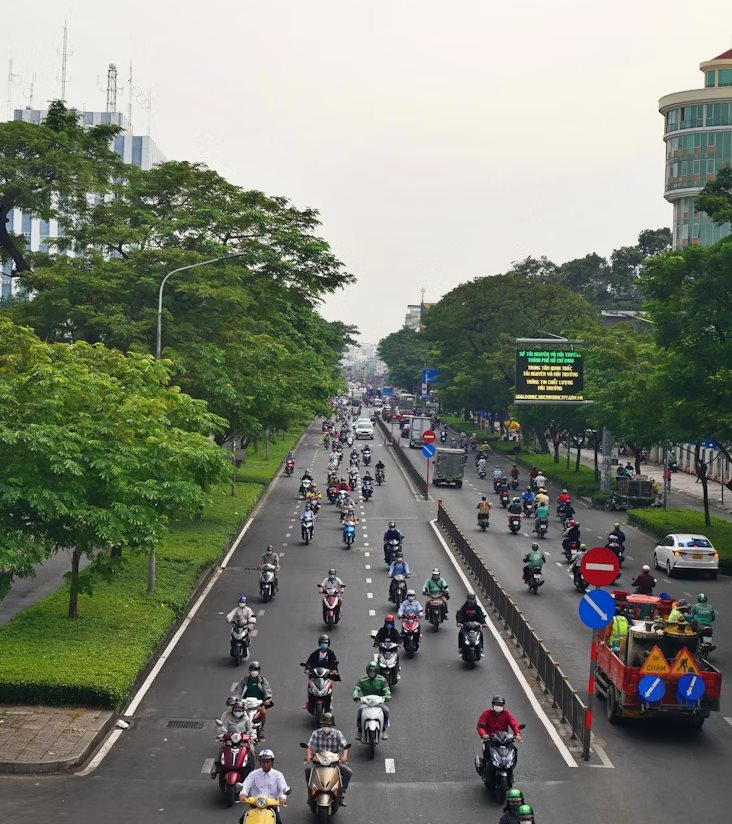
To support drivers, HIDS proposes a series of policies, including waiving 100% of registration fees, license plate fees, and VAT for electric motorcycles from 2026 to 2029. In addition, the city proposes that the Ministry of Finance and the State Bank establish a preferential loan mechanism with a maximum interest rate of 6%/year, while supporting at least 2% of the interest rate from the city budget.
Banks will coordinate with drivers or transport businesses to automatically deduct debts from transport fees, ensuring timely debt repayment.
Mr. Le Thanh Hai, Director of the Center for Applied Economic Consulting under HIDS, emphasized that the transition to electric vehicles for ride-hailing drivers will have a much greater impact on emission reduction than private vehicles. He also affirmed that the policy is designed to leave no one behind, especially low-income workers.
Calling for a Longer Roadmap, Focusing on Infrastructure Development in the Meantime
Electric vehicle manufacturers have expressed their readiness to actively contribute to Vietnam’s green transportation transition. Mr. Liu Jia, General Director of Yadea Vietnam, stated that the policy to switch to electric vehicles is in line with global trends and consumer demands for economical, convenient, and environmentally friendly means of transportation. However, he emphasized that the implementation should consider the affordability of those involved in traffic.
Similarly, Selex Motors, in their suggestions to the Ho Chi Minh City Institute for Development Studies (HIDS), emphasized the importance and urgency of policies supporting users and drivers in transitioning to electric vehicles in Ho Chi Minh City to promote green transportation and the electric motorcycle industry ecosystem in Vietnam.
Selex Motors proposed specific support measures for drivers transitioning to electric vehicles, including tax and fee reductions: waiving registration fees, license plate fees, and VAT for drivers purchasing transition vehicles within 5 years, applicable to vehicles priced up to VND 25 million (maximum support of approximately VND 4.5 million/vehicle).
At the same time, Selex Motors also called for preferential loan policies (with interest rates 2% lower than bank rates) based solely on the activity history of drivers purchasing electric motorcycles. These loan sources are guaranteed by the city. Drivers of electric vehicles for transport services will be exempt from personal income tax deductions arising on each trip.
Ride-hailing platforms mostly expressed their support for Ho Chi Minh City’s transition initiative. In their contributions, these platforms appreciated the goal of reducing emissions and contributing to the Net Zero roadmap, considering it an essential solution to improving urban air quality. However, they also suggested that the authorities ensure the synchronization, feasibility, and effectiveness of the policies to avoid affecting the livelihoods of hundreds of thousands of ride-hailing and delivery drivers, who are hard-working individuals with unstable incomes.
Grab conducted a survey of over 8,300 drivers in Ho Chi Minh City to better understand the barriers to transitioning to electric vehicles. The results revealed significant challenges: nearly 80% of drivers have never experienced electric vehicles, 62% are not ready to switch vehicles, and only about one-third have the conditions to charge vehicles overnight at their residence. Financially, 68% of drivers stated that they could only afford monthly installments of less than VND 2 million to purchase a new electric vehicle, which is impractical considering the current prices of electric vehicles.
For an efficient and swift transition, it is crucial to address drivers’ concerns, such as high initial investment costs, the suitability of electric vehicles for continuous service operation of 8-12 hours daily, and the risk of “vehicle suspension” due to inadequate charging infrastructure and repair services. Additionally, many drivers face challenges in accessing preferential loan packages due to not meeting requirements related to household registration, credit history, or stable income.
Therefore, enterprises proposed that the project should be part of a comprehensive strategy for emission reduction and green transportation development, rather than solely focusing on vehicle conversion. This requires the city to establish a sustainable electric vehicle ecosystem, including sufficient charging infrastructure, a diverse supply of electric vehicles, and specific financial support policies.
Grab suggested that the transition roadmap should span at least five years, with the initial phase concentrating on financial support, the development of public charging infrastructure, and the promotion of public transportation. Grab also advocated for a humane roadmap that ensures fairness for low-income workers who rely on driving for their livelihood.
The Top 10 Best-Selling Cars of July 2025: VinFast Leaves Rivals in the Dust, a Surprise Return for a Sedan
VinFast takes the lead as the top-selling car brand in Vietnam for July 2025, with an impressive performance seeing four of its models secure the top four spots in the top 10 best-selling cars for the month.
‘After the Mustang Mach-E, Ford Vietnam Could Go Big with Performance-Focused Bronco and Ranger’
“Ford Vietnam is making a statement with the Mustang Mach-E, according to expert Nguyen Manh Thang. He believes that Ford doesn’t need to focus on sales numbers as the target audience for this vehicle are true enthusiasts. The Mustang Mach-E is a powerful statement of Ford’s brand positioning in the country.”
Vinfast Offers Official Warranty of 6 Years for Vehicles and 8 Years for Electric Motorcycle Batteries.
VinFast is taking customer satisfaction to new heights with an exceptional warranty policy for its electric scooter range. As of August 15, 2025, all electric scooter models equipped with LFP batteries will come with an impressive 6-year warranty on the vehicle and an 8-year warranty on the battery, with no kilometer limitations. This unprecedented move by VinFast underscores their commitment to delivering unparalleled peace of mind and an enhanced ownership experience to their valued customers.
The Great Hanoi Vehicle Inspection: A Comprehensive Review of Gas and Petrol-Powered Automobiles
The Hanoi authorities have instructed 126 communes and wards to survey and identify potential land plots for the installation of charging stations catering to clean energy vehicles. This initiative involves the comprehensive survey and data collection of the current gasoline, diesel, and electric car and motorbike fleet, facilitating a seamless transition to cleaner transportation options.

